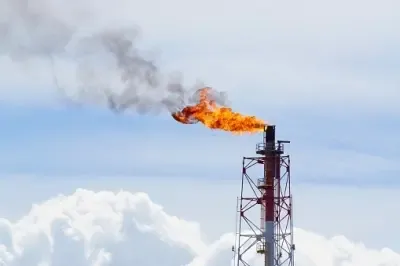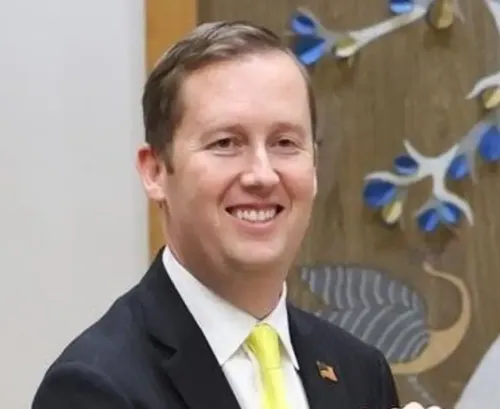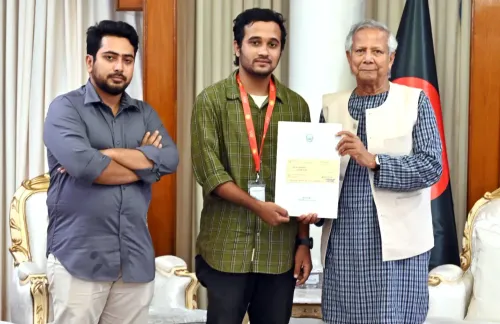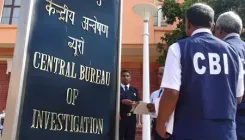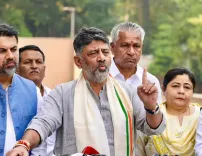What Major Changes Did Polish PM Tusk Announce in Cabinet Reshuffle?
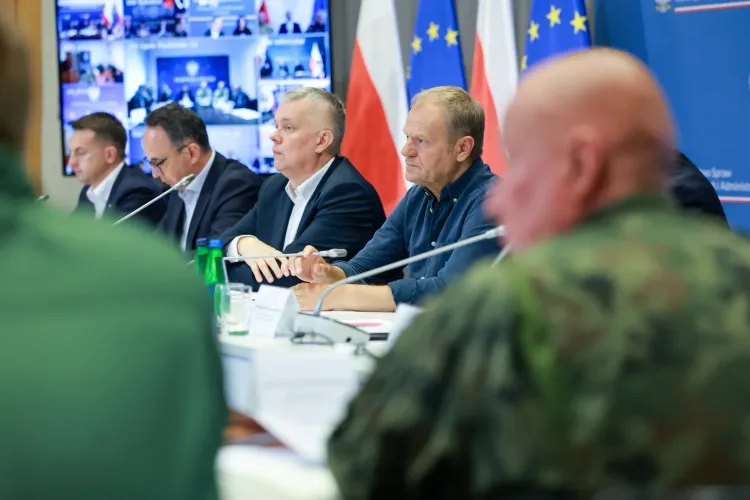
Synopsis
Key Takeaways
- Poland's government is undergoing a significant reshuffle.
- Two new ministries will be established for better governance.
- The council's size will be reduced for increased efficiency.
- New ministers are set to be sworn in shortly.
- Foreign policy objectives remain a priority.
Warsaw, July 23 (NationPress) Polish Prime Minister Donald Tusk revealed a significant overhaul of the government on Wednesday, which includes the establishment of two new ministries and a notable decrease in the size of the Council of Ministers.
As part of this reorganization, a new Ministry of Finance and Economy will be formed, with the current Finance Minister Andrzej Domanski at its helm. Additionally, a distinct Ministry of Energy will be created, led by Milosz Motyka, who is currently serving as the deputy minister of climate and environment.
Wojciech Balczun will assume leadership of the Ministry of State Assets, while Stefan Krajewski, the deputy minister of agriculture and rural development, will be elevated to head the Ministry of Agriculture.
In this restructuring, two existing ministries—the Ministry of Development and Technology and the Ministry of Industry—will be dissolved.
Tusk stated that the reshuffle's goal is to enhance efficiency and streamline the executive branch, as reported by Xinhua News Agency. He noted, “We will transition from one of the largest governments in Europe to one of the smallest in terms of structure.” The overall number of ministers and deputy ministers will be cut to below 100.
The new ministers are anticipated to take their oaths on Thursday, with the inaugural meeting of the restructured cabinet slated for Friday.
Previously, in April, Polish Foreign Minister Radoslaw Sikorski laid out the government’s foreign policy goals for 2025 during a parliamentary address, reaffirming Poland's dedication to European defense, the transatlantic alliance, and the maintenance of international order.
During his speech before the Sejm, the lower house of parliament, with President Andrzej Duda and Prime Minister Donald Tusk in attendance, Sikorski described the global climate as increasingly unstable. “The world is becoming less and less predictable,” he remarked, referring to ongoing geopolitical tensions, changing power dynamics, and economic uncertainty.
Sikorski highlighted that the most pressing threat to Poland is the disintegration of the Western alliance. “We cannot afford illusions or inaction. We cannot afford to be alone,” he stressed, emphasizing that Poland's future relies on the strength of its international partnerships.
Critical priorities outlined in his address included strengthening European and EU defense capabilities, maintaining cooperation with the United States, defending the global order rooted in the UN Charter, and fostering positive relations with the Global South.
While reiterating Poland’s support for Ukraine, Sikorski clarified that Warsaw will not deploy troops for any peacekeeping missions but is prepared to assist in other capacities.

